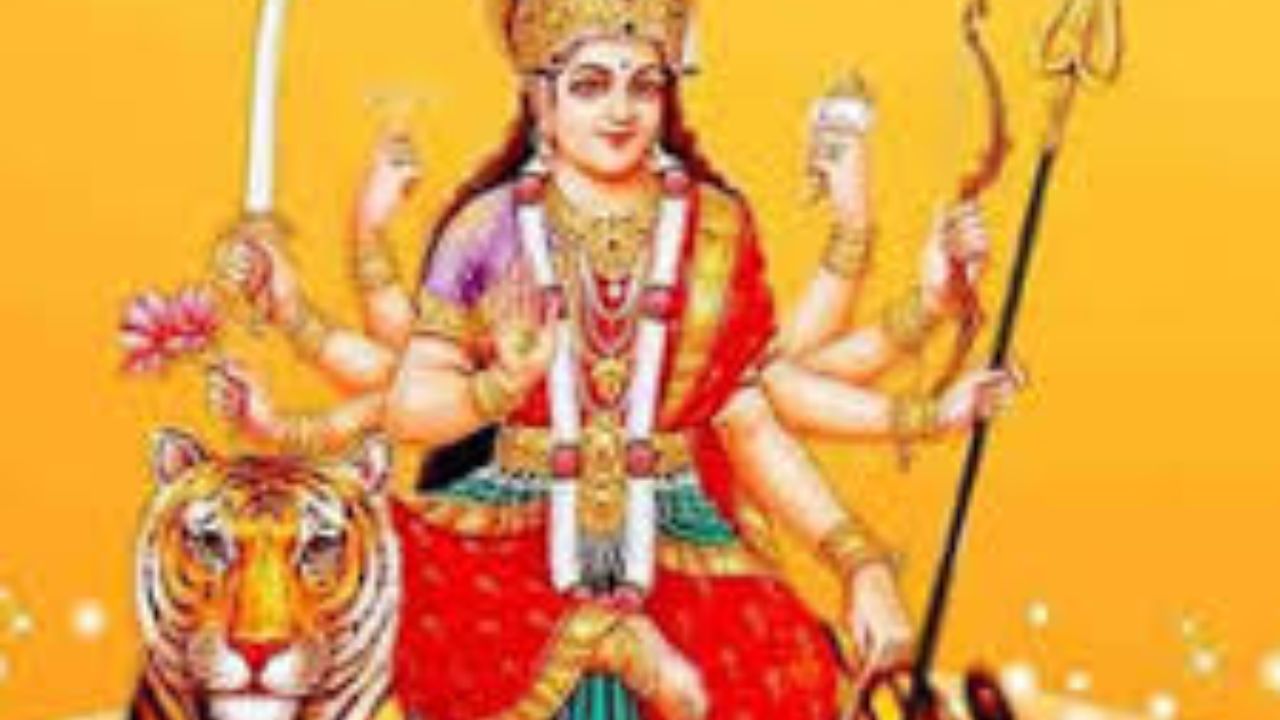Navaratri: Meaning, Importance & Significance of Navratri 2024
Learn all about this great celebration, Navratri, and immerse ourselves in the fervor.

Navratri: A true Indian understandsNavaratri that celebrations hold a very special place in our Indian ethos, and the festival of Navratri is celebrated with the utmost dedication If you have ever wondered why ‘Navratri’ is called so or why it is observed for nine days, making it the longest festival celebrated, both in India and the world at large, read on…
Navratri 2024 Date: Thu, 3 Oct, 2024 – Sat, 12 Oct, 2024
Navratri- Meaning
Navratri, in Sanskrit stands for ‘nine nights.’ ‘Nava’ means ‘nine’, and ‘Ratri’ denotes ‘night’.
We can unwind and recharge during the night. You turn inside all through the night as you sleep, and the next morning you feel refreshed and at ease.
Like this, you can get a decent internal rest during the 9 days of Navratri. This prolonged time of rest for your soul encourages innovation, profound relaxation, and a break from all kinds of worries.
Practices during Navaratri
Fasting, prayer, meditation, and other spiritual practices are done during this period to help with this deep relaxation.
Even limiting your consumption of sense items will help you achieve soulful rest during the 9 days of Navratri.
Read Also~Central Bureau of Investigation: History, Vision, Structure, Functions & Challenges of CBI
Why Navratri is celebrated?
If you’re looking for information about the history of Navratri, you should know that it is one of the festivals celebrated by Hindus that carries the most symbolic meaning.
The celebration symbolizes the fervent adoration for Ma Durga, the venerable embodiment of the most potent female force.
The event commemorates the victory of justice over wickedness. According to the folklore, Goddess Durga battled the demon Mahishasur (who stands for egoism) for nine days; the ninth day, on which the demon was decapitated by her, is known as Vijay Dashmi.
This is the reason why we celebrate the festival of Navratri.
Significance of Navratri
Even the more subdued energy in the environment during Navratri helps, and enriches one’s sense of connecting with the spirit. This is the spiritual importance of Navratri.
During Navratri, we connect with our spirit via prayer, chanting, and meditation. Laziness, pride, preoccupation, desires, and aversions are all destroyed when we connect with the spirit, which also brings out our best traits.
The purpose of Navratri’s nine days is to worship the goddess Parvati or Durga in one of her nine various manifestations, each of which has a distinctive personality and set of skills.
Navaratri celebration in different parts of India
In North India, the celebration of Navratri honors Lord Rama’s triumph over Ravana. It wraps up with the Ramlila celebrations, which are performed ceremonially on Dussehra.
To view the Kolu, which is essentially an exhibition of different dolls and figurines, south Indians traditionally invite friends, family, and neighbors over during Navratri. In Kannada, this exhibit is known as Bombe Habba; in Tamil, Bommai Kolu; in Malayalam, Bomma Gullu; and in Telugu, Bommala Koluvu.
Read Also~Ministry of External Affairs: Role, Power & Functions of MEA
In West Bengal and North East India, Sharad Navratri’s final five days are observed as Durga Puja. The five days of puja are intended for relaxation, spending time with family, and visiting many Durga puja pandals, each with a unique theme and atmosphere and, of course, a stunning and life-sized idol of the goddess Durga.
The well-known Garba and Dandiya-Raas dances are performed during Navratri in Western India, particularly in the state of Gujarat.
